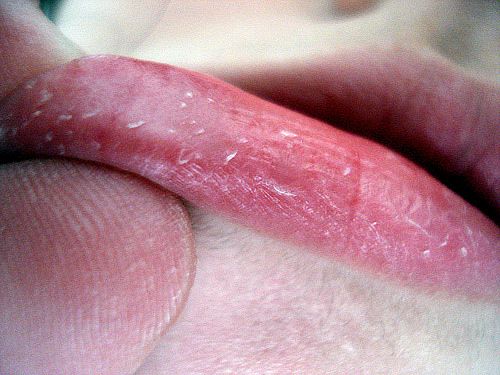 Chapped lips are a common condition in which the lips become dry, cracked and sore. If marked, this can lead to bleeding and secondary infection. A number of other factors contribute to the incidence and severity of chapped lips, including overexposure to the sun or cold wind and dehydration, particularly when associated with alcohol intake. The incidence and severity of chapped lips significantly increase during and after chemotherapy. Natural-based creams have been shown in studies to be much more effective at treating chapped lips than petroleum-based products.
Chapped lips are a common condition in which the lips become dry, cracked and sore. If marked, this can lead to bleeding and secondary infection. A number of other factors contribute to the incidence and severity of chapped lips, including overexposure to the sun or cold wind and dehydration, particularly when associated with alcohol intake. The incidence and severity of chapped lips significantly increase during and after chemotherapy. Natural-based creams have been shown in studies to be much more effective at treating chapped lips than petroleum-based products.
C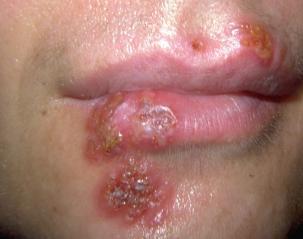
The precise triggers for these acute episodes are not certain, but there are associations with iron deficiency, psychological stress and a history of aphthous ulcers. Research has suggested a link between chapped lips and cold sores, as an estimated 79-82% of patients with cold sores have been shown to also suffer from chapped lips.
Fungal infections: Often called angular cheilitis, the infection involves fungus growing in the moist areas at the corners of the mouth, especially if there is associated cracking. It would be advisable to use some anti-fungal cream such as Canesten which you can buy over the counter. Once it has healed, try to keep the corners of the mouth dry and avoid cracking buy using a natural lip balm.
.
What can you do to maintain healthy lips
- Moisturise your lips regularly
- Use a natural oil-based lip balm regularly
- Don’t use scented, coloured or favoured balms
- Make sure to apply natural balms prior to flying or before drinking alcohol
- Avoid dehydration – drink enough throughout the day
- Before sun exposure, apply sunscreen and a natural lip balm afterwards
- Protect the lips from the wind
- Ensure good nutrition (if chapping or cold sores are persistent)
- Avoid licking the lips excessively
- Apply anti-virals (acyclovir, docosanol, penciclovir or valacyclovir) as soon as the tingling of cold sores starts
- If more than one cold sore develops during chemotherapy, consider oral anti-virals early

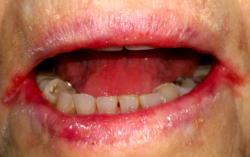

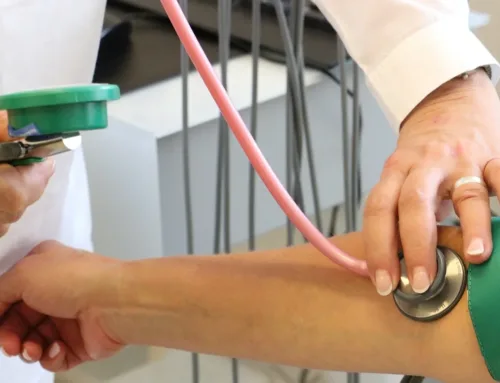
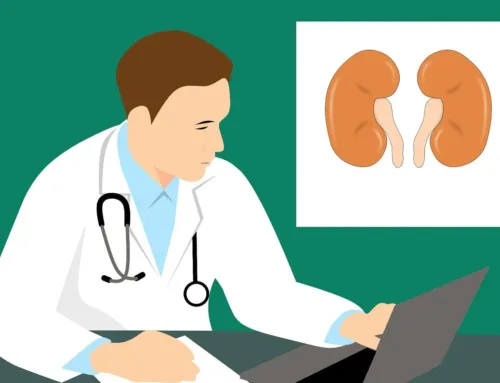
Leave A Comment